12 Calming Foods for the Vagus Nerve Diet That Reset Your Stress Response
The vagus nerve acts like a communication highway between your gut and your brain, helping your body move from a state of fight-or-flight into rest and digestion. Food doesn’t “zap” stress away instantly, but certain nutrients and whole foods support the systems that influence vagal tone and calm our stress response over time. This guide focuses on 12 easy-to-find foods that research and clinical guidance suggest can support nervous system balance through anti-inflammatory actions, gut‑brain signaling, neurotransmitter support, and steady energy. Think of this as a gentle toolkit for your body: small, practical swaps that make relaxation easier to reach. Pair these foods with slow breathing, consistent sleep, and movement you enjoy to help the vagus nerve do its job.
1. Dark Chocolate

A modest serving of high‑cacao dark chocolate can support mood and calm because cocoa contains flavonoids that influence serotonin pathways and endothelial function. Choose 70% cacao or higher to keep added sugar low and enjoy a small square after a meal or with a handful of nuts for balance. The sensory pleasure of dark chocolate — its aroma and texture — also triggers calming brain responses that feel immediate, even while the longer-term biochemical effects accumulate. Remember that portion control matters; a little goes a long way for mood and stress support without excess calories or sugar.
2. Wild Salmon

Fatty fish like wild salmon deliver EPA and DHA, omega‑3 fatty acids that support neuronal membranes and healthy inflammatory balance. Those pathways contribute to brain resilience and can indirectly support signaling along the vagus nerve. Aim for two servings per week when possible, prepared simply — baked, grilled, or poached with herbs and citrus. If you follow a plant-based diet, consider algae-based omega‑3 supplements after talking with your clinician. Regular, modest servings help support long-term nervous system health more than occasional large meals.
3. Blueberries
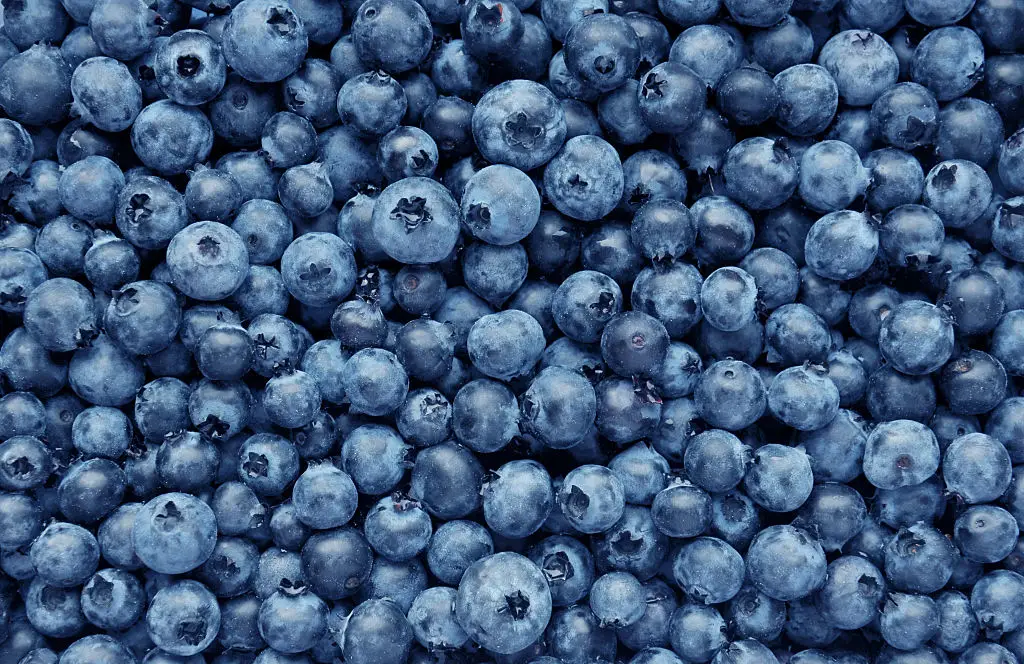
Blueberries are rich in polyphenols and antioxidants that support brain health and reduce oxidative stress, which plays a role in how our bodies process stress signals. Adding a cup of blueberries to breakfast or snacks delivers concentrated phytonutrients that research links to clearer thinking and mood benefits. Frozen berries are a convenient option and retain much of their nutritional value. Small daily habits, like stirring berries into yogurt or oatmeal, make it easier to get consistent antioxidant support that helps the nervous system stay balanced.
4. Green Tea

Green tea contains L‑theanine, an amino acid shown to promote relaxation without sedation by supporting alpha brain waves and moderating stress-related responses. Sipping warm green tea can be calming in the moment, and choosing matcha provides a more concentrated source of L‑theanine for people who tolerate caffeine. If caffeine makes you jittery, opt for lower-caffeine steep times or decaffeinated green tea extracts with guidance from a healthcare provider. Incorporating ritual — slow brewing and mindful sipping — enhances the calming benefit beyond the compounds in the cup.
5. Avocados

Avocados are a nourishing source of monounsaturated fats, potassium, magnesium, and B vitamins that support steady energy and nervous system function. Healthy fats help with absorption of fat‑soluble nutrients like vitamin D, which plays into overall wellbeing and mood balance. Adding avocado to a breakfast or lunch — on toast, in salads, or blended into smoothies — helps prevent blood sugar dips that can amplify stress reactivity. Their creamy texture and versatility make them an easy, everyday addition to meals that support relaxation and recovery.
6. Bananas
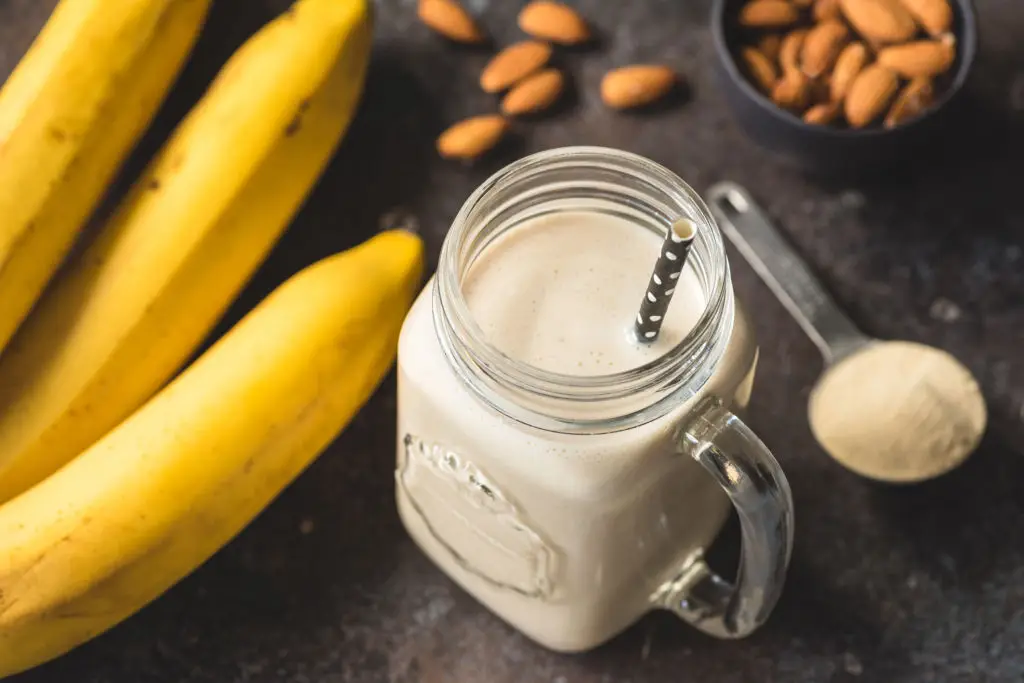
Bananas are a quick, portable source of carbohydrates, potassium, vitamin B6, and precursors to neurotransmitters like serotonin. When stress makes you reach for a quick bite, a banana pairs gentle glucose with nutrients that help steady mood and support the nervous system. They’re especially useful before or after activity to replenish electrolytes and help the body shift back toward rest. If you combine a banana with a bit of protein like nut butter, the balanced snack will support longer-lasting calm.
7. Almonds
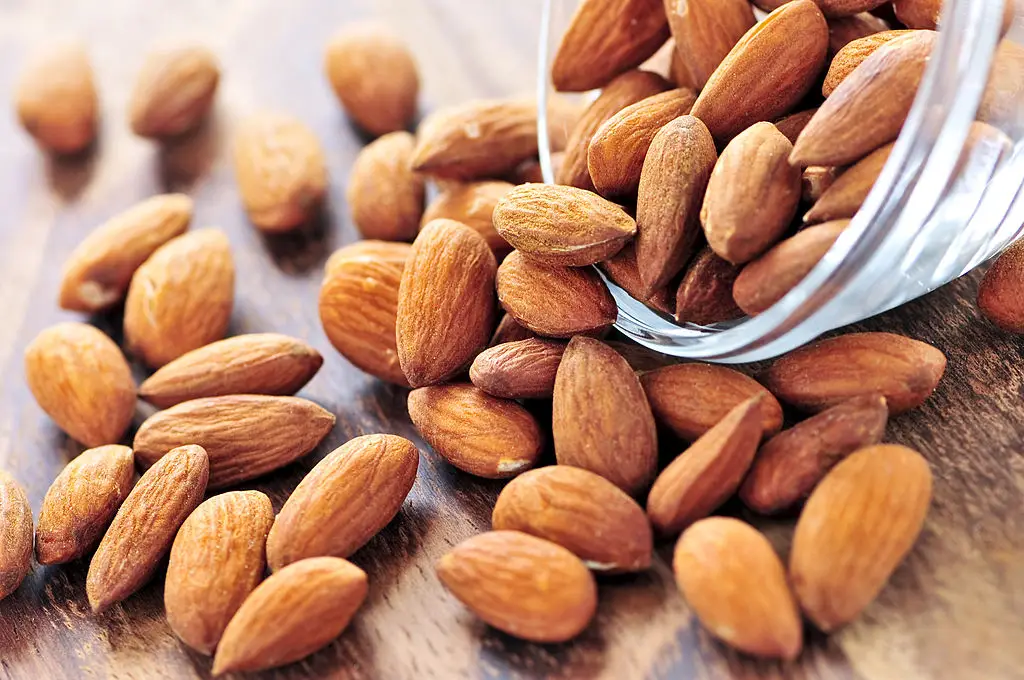
Almonds offer magnesium, healthy fats, and modest protein — a trio that helps stabilize blood sugar and support nervous system recovery after stress. Magnesium plays a key role in calming muscle tension and supporting quality sleep, both of which affect vagal tone. Keep a small portion of raw or lightly roasted almonds handy as a midafternoon snack, or chop them onto salads and yogurts. Their crunch and satisfying texture also provide a mindful pause that helps interrupt stress cycles.
8. Fermented Foods (Kimchi, Sauerkraut)

Fermented foods supply live bacteria that support a healthy gut microbiome, which communicates with the brain through the vagus nerve. Regularly including low-sugar fermented options like kimchi, sauerkraut, kefir, or miso can help diversify gut microbes and support digestion. Start with small portions to let your system adapt and choose refrigerated, minimally processed varieties for higher probiotic counts. Pair fermented foods with whole meals rather than relying on supplements alone for a fuller dietary approach to gut–brain support.
9. Leafy Greens
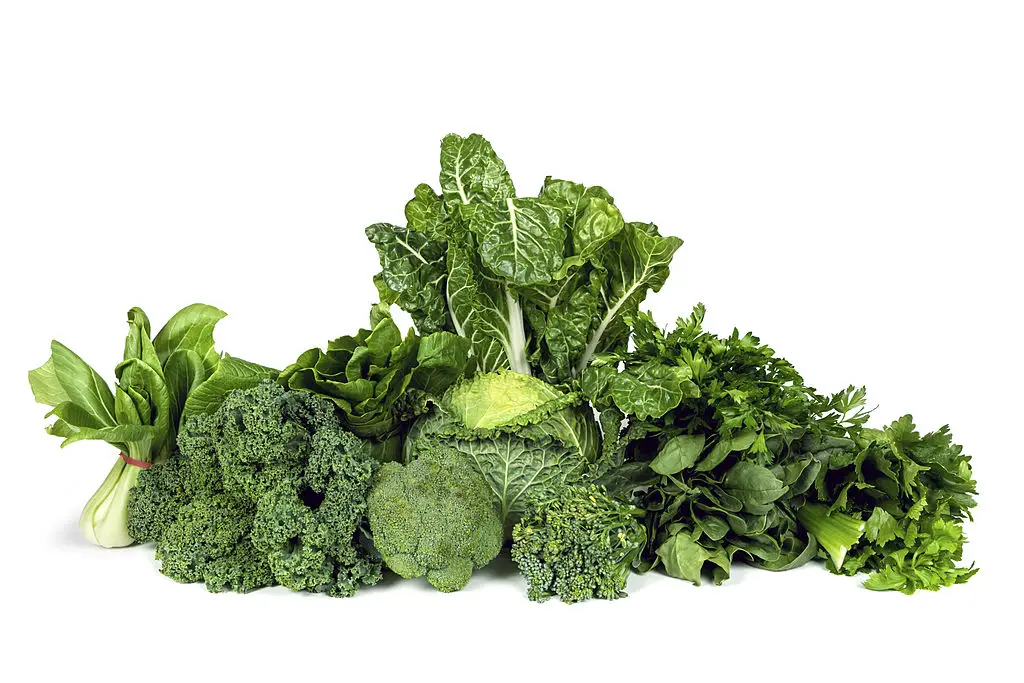
Leafy greens like spinach and kale are rich in magnesium, folate, and other micronutrients that support neurotransmitter synthesis and overall nervous system health. Magnesium helps buffer stress responses and contributes to restful sleep, while folate supports mood-regulating pathways. Add greens to smoothies, sautés, soups, or salads to increase intake without dramatic effort. Small, consistent servings across the week offer more benefit than occasional large meals for steady nervous system support.
10. Turmeric

Turmeric’s active compound, curcumin, has anti-inflammatory and neuroprotective properties that may support brain health and influence systems tied to stress regulation. Combine turmeric with black pepper and a little healthy fat — such as olive oil or avocado — to boost curcumin absorption. Use turmeric in soups, dressings, smoothies, or a warm golden milk for a soothing ritual. While turmeric isn’t a quick fix, regular culinary use supports the overall biochemical environment that helps the vagus nerve and nervous system function well.
11. Walnuts
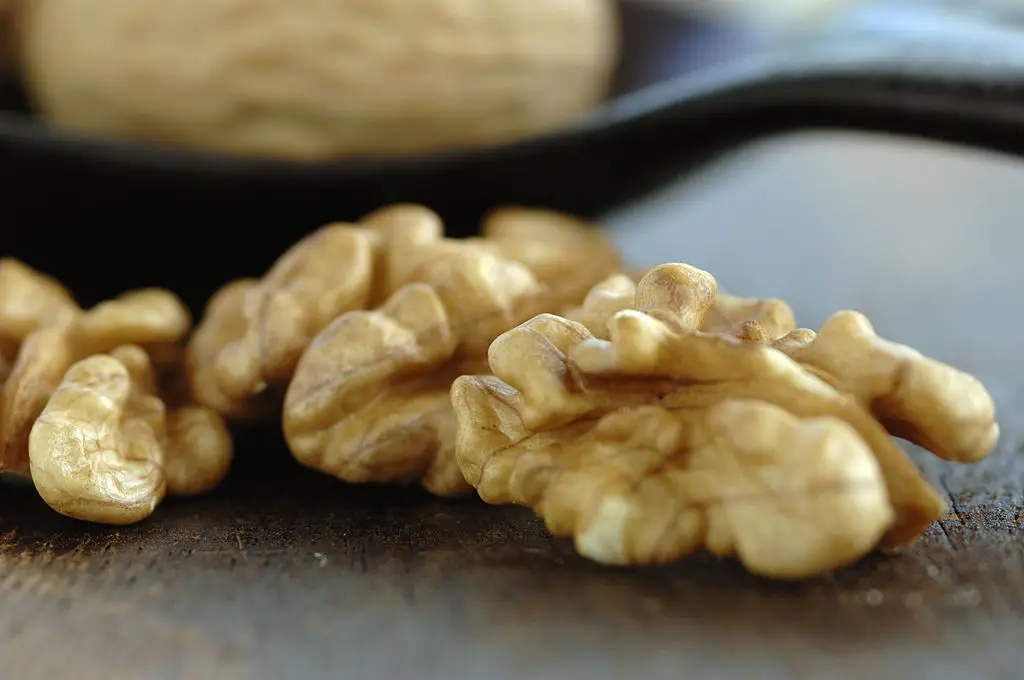
Walnuts provide plant-based omega‑3s (ALA), magnesium, and antioxidants — a combination that supports brain health and inflammation balance. A small daily portion can contribute to the broader pattern of nutrients that keep neural pathways resilient. Toss walnuts into oatmeal, salads, or yogurt, or enjoy them plain as a snack. Because they are calorie‑dense, a modest serving is all that’s needed to gain calming benefits without overdoing portion sizes.
12. Plain Greek Yogurt

Plain Greek yogurt offers probiotics, protein, and calcium that support gut health and steady energy — both important for stress regulation. Choose unsweetened varieties to avoid spikes in sugar that can worsen stress responses. Pair yogurt with berries, a sprinkle of nuts, or a little cinnamon for flavor and added benefits. For those who avoid dairy, look for fortified, probiotic-rich plant yogurts to get similar gut-supporting advantages.
Final Thoughts: Small Food Shifts, Steady Calm

Food is one important strand in the web of habits that support your vagus nerve and calm the body. These 12 foods bring nutrients and sensory rituals that encourage rest, digestion, and recovery — especially when paired with breathing practices, regular sleep, gentle movement, and connection. Start with one or two swaps that feel doable, like adding blueberries to breakfast or having a small square of dark chocolate as a mindful treat after lunch. Over weeks and months, consistent choices shape how your body responds to stress more than occasional extremes. If you have medical conditions or take medications, check with your healthcare provider before making large dietary changes or starting supplements. Think of this advice as practical support, not medical instruction: steady, kind adjustments that help your body and mind settle more easily.
